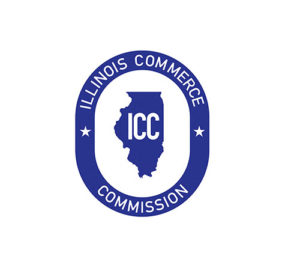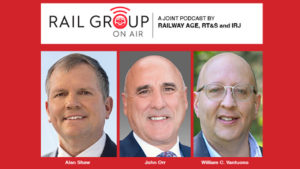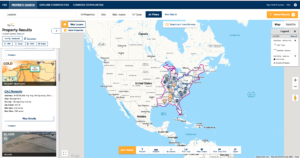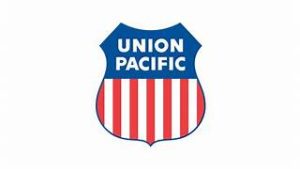STB Chairman Martin Oberman Slams Activist Investor for Norfolk Southern Takeover Attempt
Written by David C. Lester, Editor-in-Chief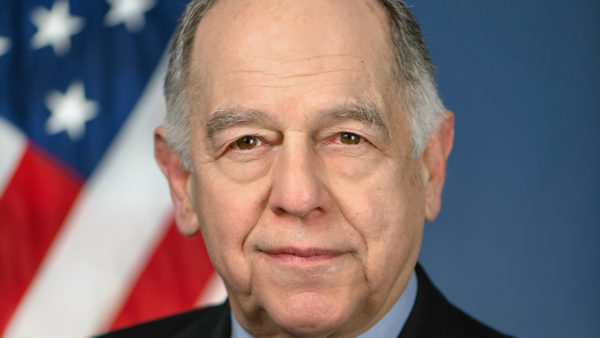
ATLANTA –– In remarks to the Southeast Association of Rail Shippers, STB Chairman Martin Oberman blasted activist investors for their threat to the stability of the rail industry.
This week, STB Chairman Oberman addressed the Southeast Association of Rail Shippers with stinging remarks about efforts by activist investors to try to gain control of Norfolk Southern, along with comments on the Soroban hedge fund’s successful efforts to oust former CEO Lance Fritz.
In addition to these recent activities, Oberman reflected on activist investors’ role in weakening the U.S. Rairoad system. “In the past decade, activist investors –– like Ancora and Soroban –– began gaining influence, if not outright control, of some railroads. They recognized that the seven –– now six –– Class Is dominating the U.S. and Canada –– are natural monopolies and are the only transportation option for a high percentage of their customers –– and therefore held great potential for profit seeking.
“Ignoring the essential role that railroads play in supporting the success of their customers, i.e., the manufacturers that drive our GDP, these investors succeeded in pressuring railroad management to exploit this monopoly power to achieve short-term profits. The strategy was, largely, to slash work forces, raise prices, and reduce output ––i.e., service –– which they did –– thereby risking long-term viability in pursuit of massive stock buybacks and dividends.
“This strategy not only affects the economic output of U.S. industries which cannot thrive without robust rail service. It also undermines safety because rail workers are essential to safe rail operations –– for themselves and for the communities through which railroads must travel, often transporting hazardous materials. Cutting the workers who perform inspections, repairs, and are otherwise responsible to ensure safety, increases threats to the public as well as the workers themselves. And unsafe rail operations, of course, undermine rail service.”
One of the interesting points Oberman made during his remarks was to remind the audience that railroads have a “common carrier” obligation, which was set by the U.S. Supreme Court over a century ago. It reads as follows: ” . . . railways are public corporations organized for public purposes, granted valuable franchises and privileges, . . . many of them are the donees of large tracts of public lands and gifts of money by municipal corporations . . .”
“And this is key: ‘ they all primarily owe duties to the public of a higher nature even than that of earning large dividends for their shareholders. The business which the railroads do is of a public nature, closely affectng almost all classes in the community –– the farmer, the artisan, the manufacturer, and the trades.”
Oberman adds that “In all the time since and even with the passage of the Staggers Act, this wise and powerful admonition from the Supreme Court has never been repealed or weakened.”
Mr. Oberman’s complete remarks before the Southeast Association of Rail Shippers can be found here.

